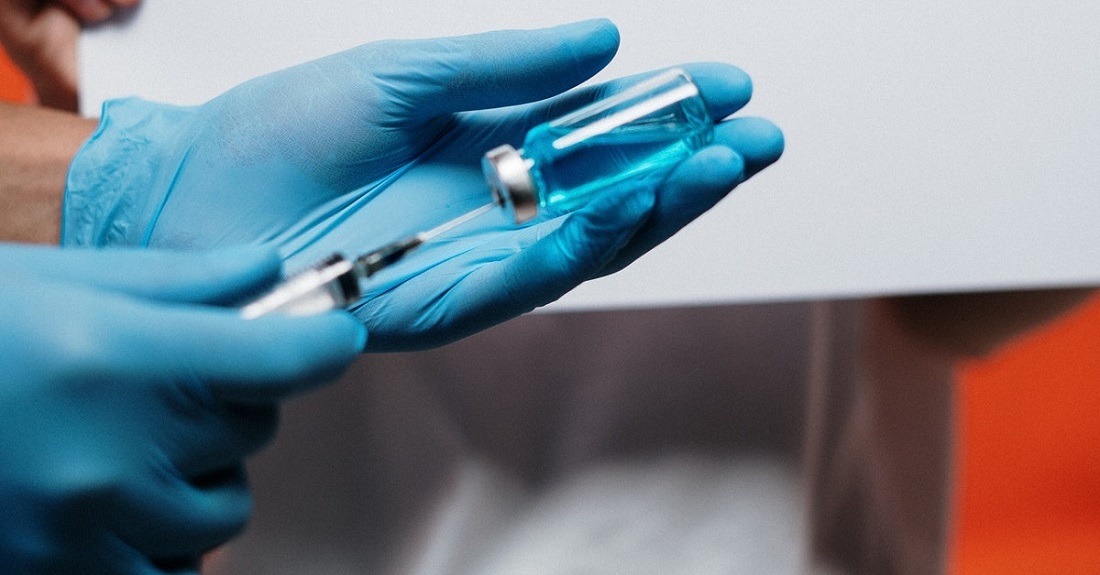Why is it Important to Have the Hepatitis A Vaccine Before Travelling?

Hepatitis A is an infection of the liver brought about by the hepatitis A virus. A person can get hepatitis A from eating or drinking food or drinks that contain the virus, or from touching their mouth with hands that have come into contact with infected faeces. Because most people in the UK are at low risk of infection, the NHS does not routinely offer the hepatitis A vaccine. This vaccine is only suitable for high-risk individuals. At C&H Barton Pharmacy we offer an approved Hepatitis A Vaccine in Barton-le-Clay to help you stay protected as you travel abroad.
Who is the hepatitis A vaccine in Barton-le-Clay recommended for?
Vaccinating all children at the age of one is common practice in most of the developed world. In addition, if you are at an increased risk of contracting the disease, you should get vaccinated or revaccinated. This is especially critical for people who might be at risk of complications from hepatitis A.
It is advisable for the following people to get their hepatitis A vaccine:
– Anyone in close contact with hepatitis A patients.
– Those who plan to travel to or reside in regions of the globe where hepatitis A is prevalent, especially in areas where food hygiene and sanitation are likely to be poor.
– People suffering from long-term liver disease.
– Men who engage in sexual activities with other men.
– Illegal drug users (through injection).
– Those whose work puts them at risk of catching hepatitis A – including people who work where levels of hygiene may be low, such as sewage workers and those working with apes, monkeys, and gorillas.
If you are not sure whether you need the hepatitis A vaccine or you are unsure whether you should have it, get in touch with us today.

Types of hepatitis A vaccine
There are usually 3 types of hepatitis A vaccine. These include a:
– Vaccine for hepatitis A only.
– Combination of vaccines for hepatitis A and hepatitis B.
– Combination of vaccines for hepatitis A and typhoid fever.
Consult your pharmacist to find out which vaccine is right for you.
If you are travelling abroad, you should plan your vaccinations ahead of time. Start them at least two or three weeks prior to your departure, although you can get some the day before you leave if need be.
If you want long-term protection, you often need additional vaccine doses after six to twelve months.
Check out the NHS Fit for Travel website to find more information regarding the various types of hepatitis A vaccines.
Side effects of the vaccine
After having the hepatitis A vaccine, some people experience temporary hardening of the skin, soreness, and redness at the site of injection.
It is also possible for a small, painless lump to develop, but it usually vanishes after a short period and shouldn’t cause any concern.
Rare side effects include:
– Feeling sick
– A slightly raised temperature
– Feeling unwell
– Loss of appetite
– Tiredness
– A headache

How do you treat hepatitis A?
The hepatitis A virus does not have a specific treatment. If you think you have an infection, you should see a pharmacist or doctor.
To alleviate your symptoms, you can try out the following:
– Get enough rest.
– Drink a lot of fluids to stay hydrated.
– Get in touch with a pharmacist or GP for over-the-counter medicines to minimise your symptoms, such as itching or pain.
How long is the Hepatitis A vaccine in Barton-le-Clay good for?
It is still difficult to determine the exact duration of hepatitis A vaccination. However, children who got a 3-dose vaccine and adults who got a 2-dose vaccine should be protected for about 20-25 years. If the second dose is given 6 months to 12 months after the first then available data suggests antibodies will be present for at least 25 years.
So, it is clear that the vaccine may offer protection for quite some time. Nevertheless, it’s important to be aware of the infection and the requirements for revaccination.

Important facts about the hepatitis A vaccine
Haemodialysis patients and people with AIDS should not be concerned — inactivated vaccines like the one for hepatitis A are safe for them to receive. Furthermore, if someone has lost their medical records, it does no harm to receive additional shots.
Pre-vaccination testing may be required in some cases. People from certain ethnic groups or who live in regions with high hepatitis A incidence rates may be included in this programme to keep vaccination costs down. This also includes intravenous drug users.
It typically takes 2 to 4 weeks for the protection to kick in. As the hepatitis A virus has a long incubation period, the protective effect may begin right away.
Antivirals don’t usually treat Hepatitis A, and the liver is remarkably capable of self-regeneration. A doctor usually prescribes rest, enough hydration, and proper nutrition, though some people may need hospitalisation.
Get in touch with us or book your appointment now to get your hepatitis A vaccine.
Book Your Appointment Our Travel Clinic
This blog post was written on behalf of C & H Barton Pharmacy by Pharmacy Mentor.